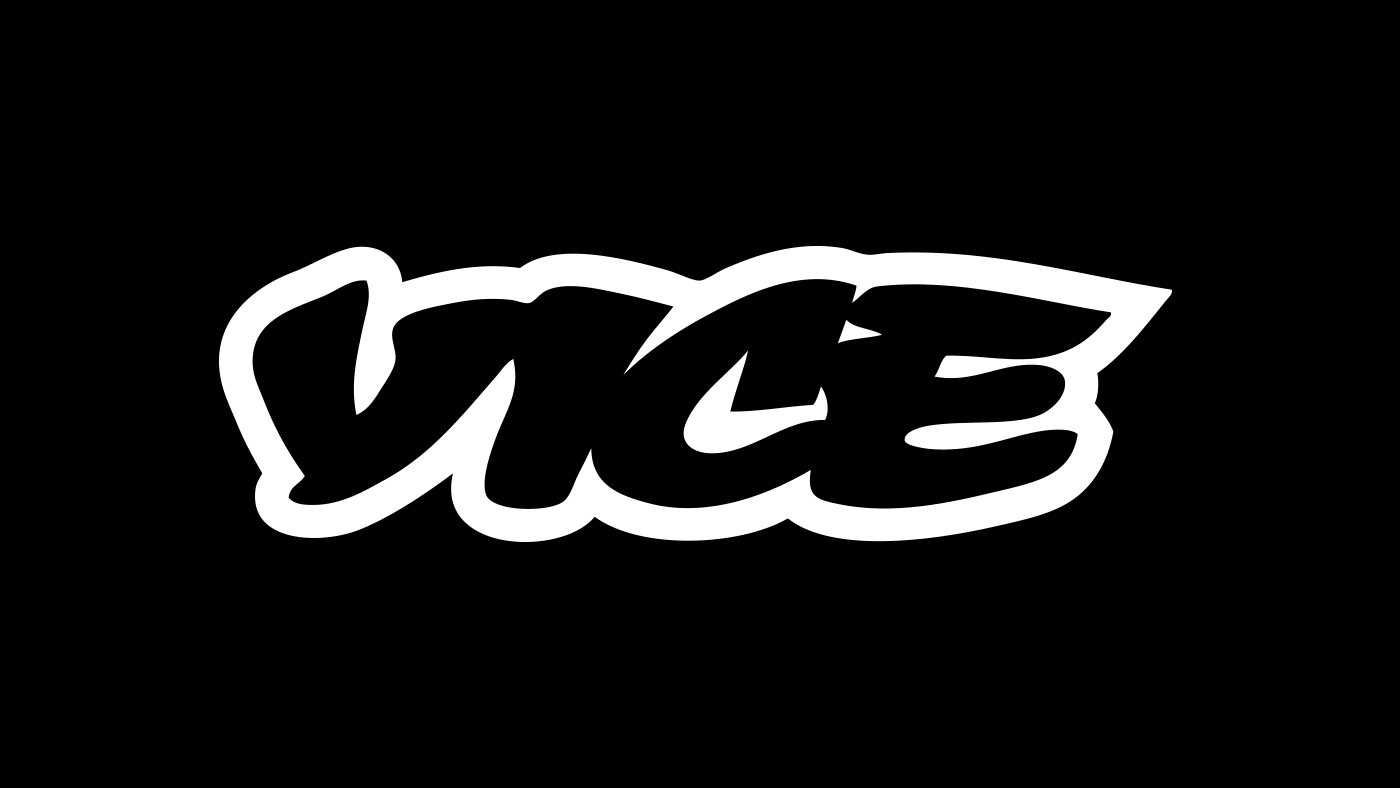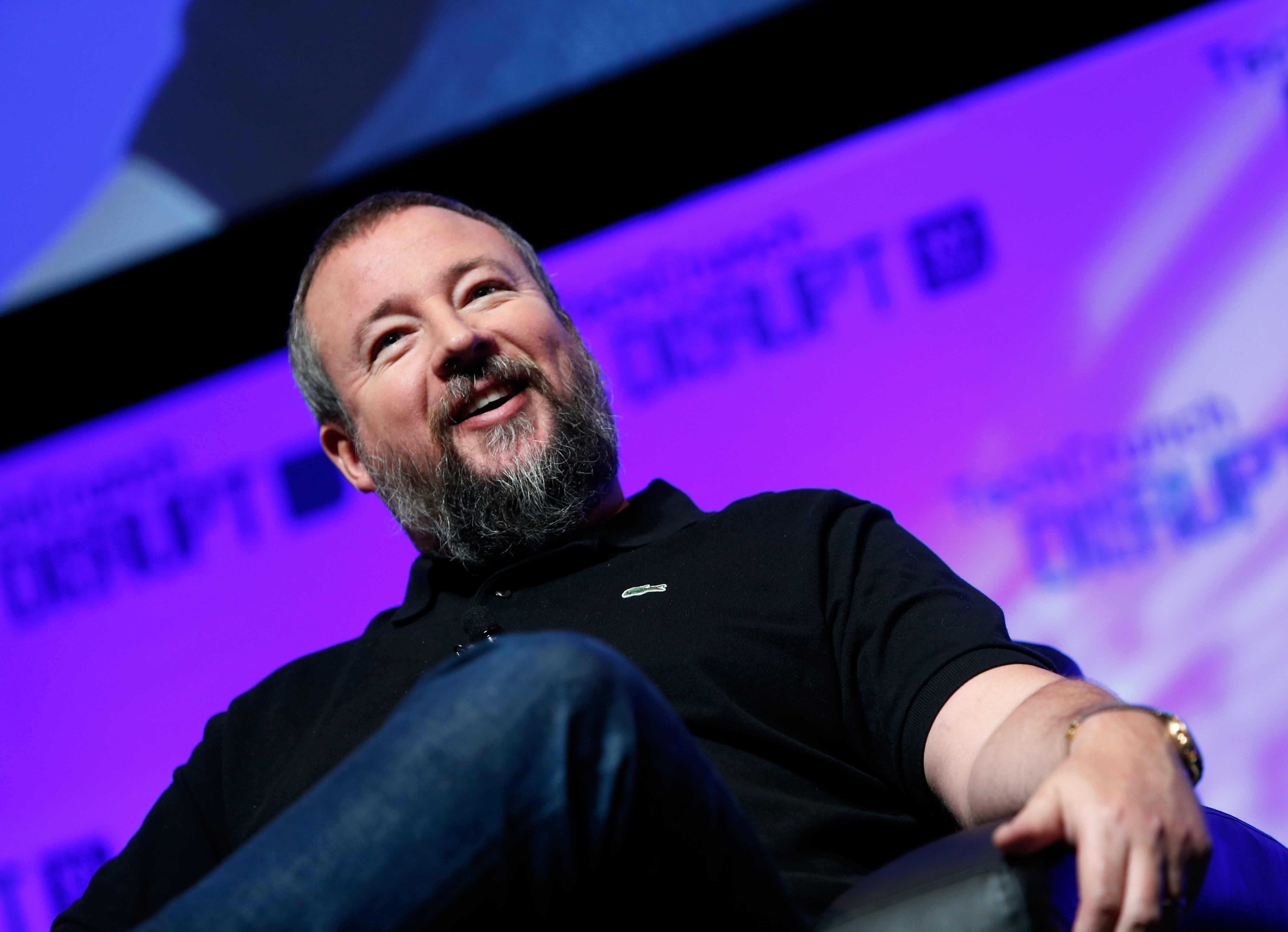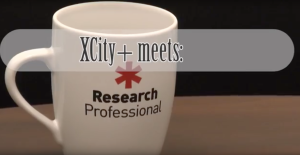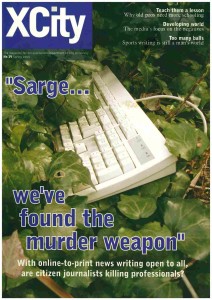
VICE! Is! Cool! And! Hip!
Detractors will tell you it’s empty inside, too. Empty as space. All style, no substance, and far too fixated with tone and image to be taken with anything other than a raised eyebrow and a pinch of salt. Foul mouthed, in-yer-face, and with an anarchic approach to its obnoxiousness, VICE is the naughty cousin of new journalism; media’s “bad-boy brand”, according to the New York Times; “more Jackass than journalism”, in the words of CBS statesman Dan Rather.
It’s also valued at over $4 billion. Yikes.
What began as a punkish youth magazine founded in Montreal almost 23 years ago has grown into a global media powerhouse; a modern, marauding empire, encompassing a website, 12 dedicated digital verticals, a television channel, film production company, record label and advertising agency – as well as the original magazine that remains to this day. Since its founding in 1994, VICE Media has swiftly moved from counterculture, to popular culture, to directly influencing what culture is full stop. It’s a rags to riches tale, featuring sex, drugs and Dennis Rodman.
And so begs that glaring, four-billion-dollar question: In a climate where media outlets find their credibility, relevance and purpose scrutinised on a daily basis, why is that VICE themselves are flourishing?
In a 2014 interview with the Guardian, co-founder and CEO Shane Smith declared: “Young people, who are the majority of our audience, are angry, disenfranchised, and they don’t like or trust mainstream media outlets.
“The problem with the news cycle today and the news media in general is that it’s kindergarten [kids] playing soccer,” Smith noted. “The ball goes over here, everyone goes over here. The ball goes over there, everyone goes over there.”
What VICE has done – and done very well – is overtly distance itself from any kind of hegemony from its very inception. However, while such a vocal separation from the mainstream may have been true of the original magazine launched all those years ago, VICE at 23 is a different beast entirely. The youth-oriented brand is middle-aged now – and it’s growing old gracefully.

Indeed, VICE’s ethos – telling certain kinds of stories in a certain kind of way – still rings loud and true, but as a multi-billion-dollar company that has branched further and further into traditional spheres, it’s not quite the valiantly oppositional force it so regularly claims to be.
As its stock has risen, so has its interest in old media practice; think hard news, a dedicated television channel, advertising (Virtue, their agency, promises to help marketers produce content aimed at young consumers), as well as a $70m investment from a certain Mr Rupert Murdoch himself for a 5% stake in the company. Whisper it, but they’re not quite as radical as they’d have you think.
Even if their status as brave, peripheral alternatives is questionable, the ballsy, assertive swagger with which they proclaim it allows them to slip under the radar when it comes to such scrutiny. They enjoy the perks and prestige of mixing it with the old boys while avoiding the pitfalls of joining such an – in the age of distrust – unpopular club.
Sure, old media will sneer (still looking at you, New York Times), but that only seems to strengthen VICE’s anti-establishment semblance. Public impression is everything, and in the eyes of the people, VICE are still that offbeat, power-to-the-people voice, binary to the mainstream in every way. With enough bark (and Shane Smith, as de facto cheerleader, has growl in abundance), the bite is pretty much irrelevant.
But that’s not to say they’re toothless – certainly, there’s still snap there. Its forward-thinking commitment to immersive storytelling and video content (acclaimed ISIS documentary The Islamic State has almost 12 million views on YouTube) exceeds any of its counterparts, all the while promoting the idea that, when provided with the relevant context, its audience is mature, enlightened and conscious enough to come up with their own answer, or interpretation.
The VICE empire is many, many things, but scrappy, sordid outsider it is not. Just you try telling it that, though. Media method acting it may be, but rest assured, nobody does it better. Opponents that dismiss it could do an awful lot worse than take note.


















